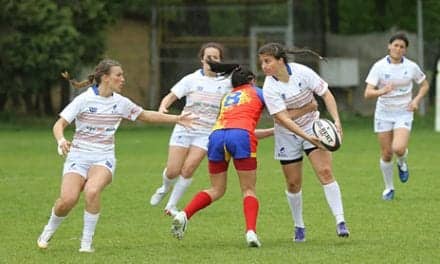A Cigna Foundation-funded study conducted by two physical therapy assistant professors suggests that running may improve fitness and communication among children with autism.
The collaborative 4-month study, led by Susan Ronan, PT, DPT, PCS, and Janet Dolot, PT, DPT, DrPH, OCS, both assistant professors of clinical physical therapy in the School of Health Sciences and Practice at New York Medical College, both from Achilles International, measured the quantitative and qualitative effects of the Achilles Kids running program on restrictive/repetitive behaviors, social interaction, social communication, emotional responses and cognitive style on 94 students with autism in five schools, according to a media release from New York Medical College.
Ronan and Dolot collected baseline, midterm and final data on a variety of factors related to the students’ fitness, communication, social awareness, quality of life, and autism severity. Their findings suggest that the study participants indicated statistically significant improvements in key areas such as fitness markers and communication behaviors.
“In a subset of students that were identified as having the most severe autism (based on the Gilliam Autism Rating Scale (GARS)), the study found statistical significant improvements in awareness, cognition, motivation, and restrictive repetitive behaviors, ie, self-inflicted injuries,” says Ronan in the release. “These findings are encouraging and warrant further exploration in future research.”
The study was presented recently during the Academy of Pediatric Physical Therapy’s Section on Pediatrics Annual Conference, per the release.
The Achilles Kids school-based running curriculum helps adaptive physical education teachers—whose students include children with autism—implement a running-based program in their schools. The students are given the goal of running 26.2 miles—the marathon distance—in a school year, according to the release.
The program is currently in place in more than 250 schools, and reaches 10,000 children with disabilities. A large number of participating students are members of minority groups, economically disadvantaged, and non-English speaking.
“The results are extremely encouraging as millions of parents, caregivers, and medical professionals grapple with how to best support children on the autism spectrum,” says Megan Wynne Lombardo, director of development at Achilles Kids.
[Source(s): Achilles International, New York Medical College, Business Wire]





